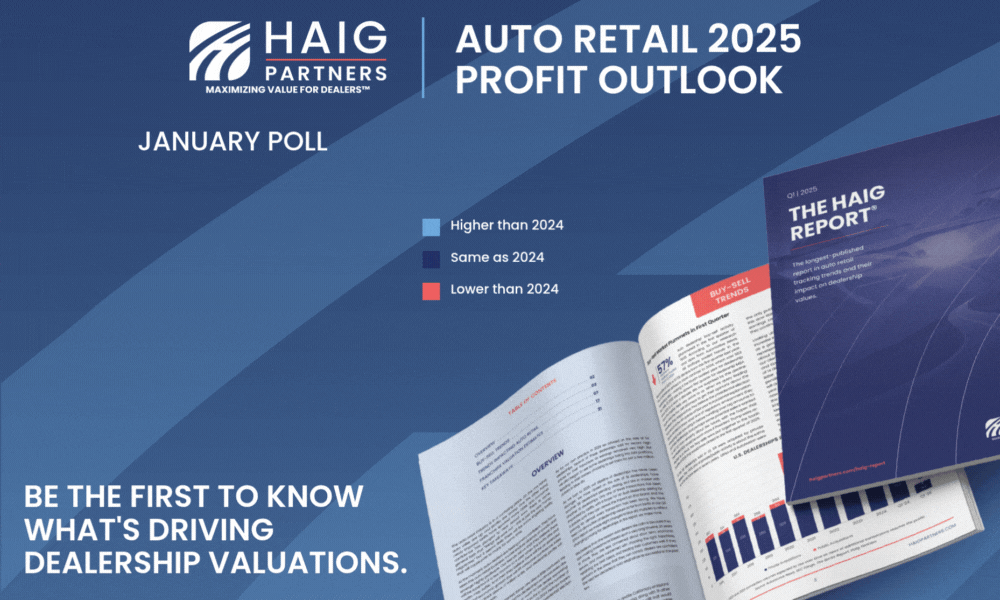A new J.D. Power report suggests that fears of a steep EV sales decline following the end of the $7,500 federal tax credit may be overstated.
The details: Findings from the latest J.D. Power E-Vision Intelligence Report indicates that EV momentum, which saw electric vehicles account for 11.2% of all new vehicle sales in August, could hold steady even without federal subsidies.
23.6% of new vehicle shoppers say they are “very likely” to consider buying or leasing an EV in the next 12 months.
Another 34.9% say they are “somewhat likely” to do so
These levels have remained stable for the past year, despite concerns about market cooling and changing incentives.
What they’re saying: “The tax credit comes to an end and EV sales will take a hit, but consumers are still interested in this technology despite the change and EV sales will grow in the long term,” said Brent Gruber, executive director of electric vehicle practice at J.D. Power, in an email to CDG News.
“Sales will decline in the short term as the market and products sort themselves out, but the transition to electrification is still very much a part of the industry’s future,” he added.
Why it matters: Even without the $7,500 federal subsidy, steady consumer intent signals that EV adoption may be entering a more sustainable phase—driven by product quality, charging access improvements, and more affordable vehicles rather than incentives alone.

OUTSMART THE CAR MARKET IN 5 MINUTES A WEEK
No-BS insights, built for car dealers. Free, fast, and trusted by 55,000+ car dealers.
Between the lines: J.D. Power’s report also examines global EV markets that have experienced similar subsidy rollbacks, showing that while sales may dip initially, demand tends to rebound as consumer familiarity and infrastructure improve.
In Germany, EV market share fell from 22% to 9.9% after subsidies were dropped in 2023 but rebounded to 16.8% through July 2025.
Meanwhile in Canada, share declined from 16.8% to 6.8% after incentives were paused in early 2025, before recovering to 8.0% by July.
Yes but, Gruber cautioned that “other factors, such as the growth of hybrid product offerings, or a reduction in emissions regulations, may slow an EV rebound in the U.S.”
Bottom line: While the expiration of the $7,500 federal tax credit may temporarily dampen EV sales momentum, consumer interest remains steady, signaling that dealers should prepare for long-term opportunity beyond the short-term slowdown.
A quick word from our partner
Want insider knowledge on today’s auto retail trends?
The Haig Report® is the industry’s longest-published, most-trusted quarterly resource on dealership values. Since 2014, it has delivered insights on performance, market shifts, and franchise desirability—helping leaders spot opportunities and risks.
Each edition includes exclusive insights on valuation trends, brand outlooks, and blue sky values.
Looking to grow your portfolio or explore investments? Join our exclusive buyer and investor database at haigpartners.com/buyerdatabase.












